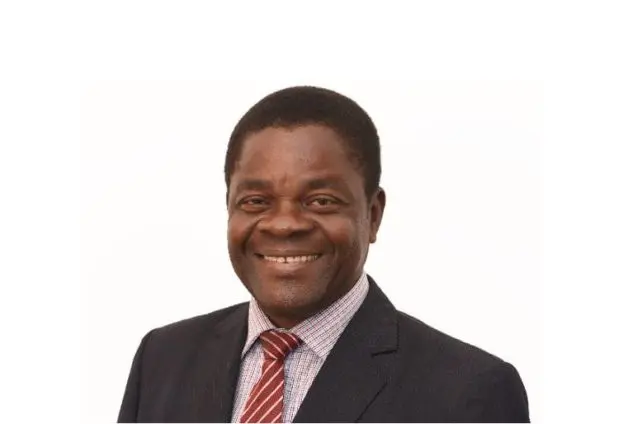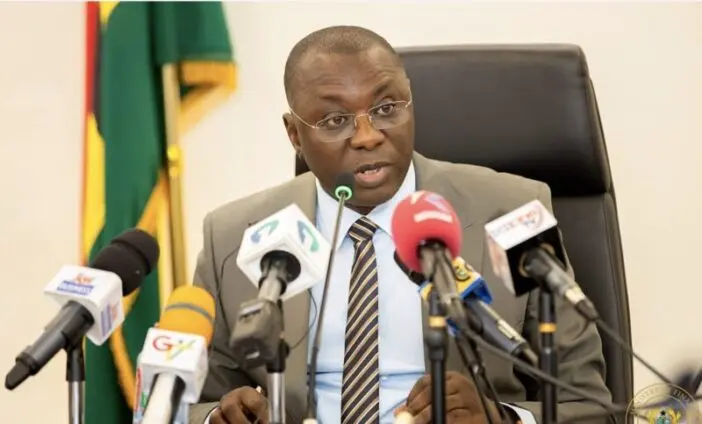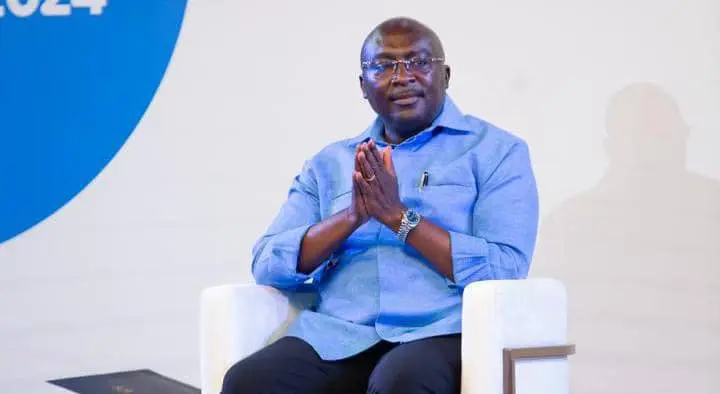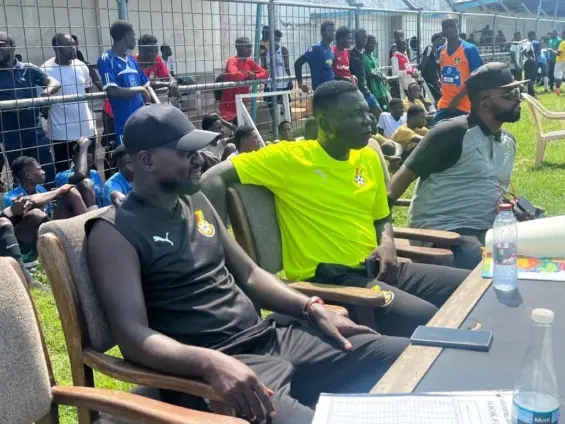“When the Constitution says shall, it means shall,” declared Kwaku Ansa-Asare, his voice ringing with conviction. In Ghana today, this simple truth seems increasingly lost, as constitutional provisions are treated more as suggestions than binding commands. The disregard for the 1992 Ghana Constitution, the supreme law of the land, has become a concerning trend, one that threatens the very foundation of the nation’s governance.
Kwaku Ansa-Asare, a former Director of the Ghana School of Law, recently voiced his concerns on JoyNews’ *PM Express*, highlighting the growing tendency to sidestep the clear constitutional mandates enshrined in the document. He emphasized that the Constitution is not a suggestion box, but the supreme law, and its directives are not optional. This sets the stage for examining how and why these constitutional mandates are being ignored and what the implications are for Ghana’s democracy.
Ansa-Asare minced no words: the Constitution is the supreme law, binding on all public officials. Its mandates should be followed without resorting to “interpretation games or political gymnastics.” He specifically referenced Article 125, which encourages public participation in the administration of justice, emphasizing that the judiciary’s independence is subject to the Constitution, not above it. This implies a concern that some actors within the judicial system may be acting as though they are not bound by the same rules as everyone else.
The critical issue, according to Ansa-Asare and others like Kofi Kumado, is that public officials increasingly treat constitutional mandates as optional. Kumado famously asked, “We may be democratic, but are we constitutional in our conduct?” This question encapsulates the core of the problem: Ghana may hold regular elections, but are its leaders truly upholding the rule of law as defined by the Ghana Constitution?
Ansa-Asare offered a veiled critique of the Chief Justice, alluding to the controversy surrounding an impeachment petition. He suggested that constitutional mechanisms were being ignored and that actions were being taken with impunity. A key question he raised was whether the Chief Justice had properly consulted the Judicial Council, as required by constitutional procedures. These criticisms point to a deeper concern that even those entrusted with upholding the law may be bending or breaking it.
Governance institutions such as the Judicial Council and the Council of State play crucial roles in ensuring adherence to constitutional principles. The Judicial Council, according to Ansa-Asare, is meant to guide the Chief Justice in behaving according to the law. Similarly, the Council of State is meant to provide guidance to the President. These are not merely ornamental bodies but vital structures designed to serve as both moral and legal compasses for those in power. Their effectiveness, or lack thereof, directly impacts the integrity of governance.
The function of these institutions extends to all power-wielders, including media practitioners, who should also be guided by these principles. The current handling of the Chief Justice’s removal process has been described as a dangerous provocation, with accusations that actions are goading the committee into unconstitutional territory. This has led to disappointment over the politicization of the process, with issues of transparency, legality, and constitutionality being overshadowed by political maneuvering.
Ultimately, Ansa-Asare’s concerns boil down to a fundamental principle: adherence to the Ghana Constitution is paramount. The dangers of disregarding its mandates are significant, potentially leading to a breakdown of the rule of law and a crisis of governance. Ghana’s constitutional responsibility rests on all citizens, not only those in positions of power. The Constitution’s “shall” means shall, a simple yet powerful reminder that all public officials must respect and uphold the law.
Image Source: MYJOYONLINE






















